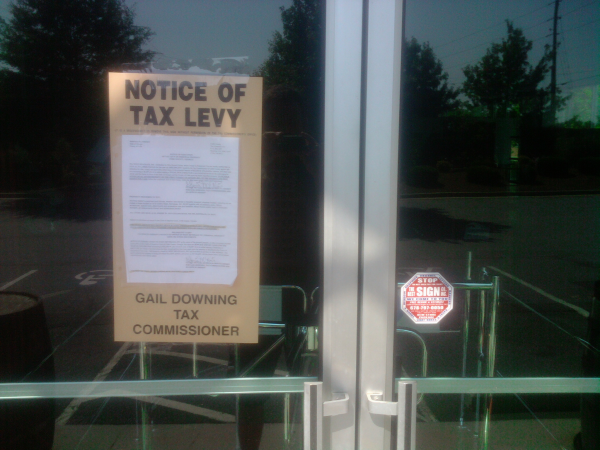
In reviewing recent court cases and statutes applicable to sales tax, I came across one that was interesting to me. The particular issue is tied to Barnesandnoble.com and the state of New Mexico. While New Mexico doesn't have a sales tax (they have a Gross Receipts tax) many of the sales tax nexus rules from other states can be applied. The details of this particular situation are presented in a 35-page document so attempting to summarize the two positions here will invariably leave out most of the details. But here’s some perspective on the two positions:
- The State argued that the relationship between Barnesandnoble.com and the traditional brick & mortar entity created substantial nexus requiring the collection of the Gross Receipts tax. The brick & mortar store allowed for returns of merchandise purchased on the website. The internet retailer also participated in a customer loyalty program that enabled customers to receive discounts on purchases online and through the brick & mortar business. The State argued that many activities, including the close corporate relationship, return policy, gift card policy, loyalty program, and establishment of a market through the brick & mortar entity caused the internet retailer to have nexus.
- In defense of the internet retailer, they did not own or lease any property of any kind in New Mexico nor did it have any temporary or permanent employees in New Mexico. All deliveries were performed by common carrier. The return policy referenced above was not specific to the internet retailer. The return policy allowed for the return of books in a “saleable” condition to be returned if purchased from Borders, amazon.com, and others. So this piece was determined to not create a market for the internet retailer. On the loyalty program, the internet retailer successfully argued that because compensation was tied to its own internet sales, and not the sales of the brick & mortar entity, that the loyalty program did not rise to the level to find “substantial nexus”.
Other specifics were described in the full 35-page document. On the surface, this decision seems to contradict a similar scenario involving Borders.com and the California State Board of Equalization. However, in the Borders.com example, the return policy with their brick & mortar counterpart showed a preferential return policy favoring the online retailer. In this example in New Mexico, there was not a preferential policy shown. Other facts in this situation, when scrutinized, show a different set of facts as compared the CA BOE ruling.
Put one in the win column for the internet retailers!






.png?width=1200&height=628&name=2023%20logo%20with%20SOC%20and%20clearly%20rated%20(2).png)